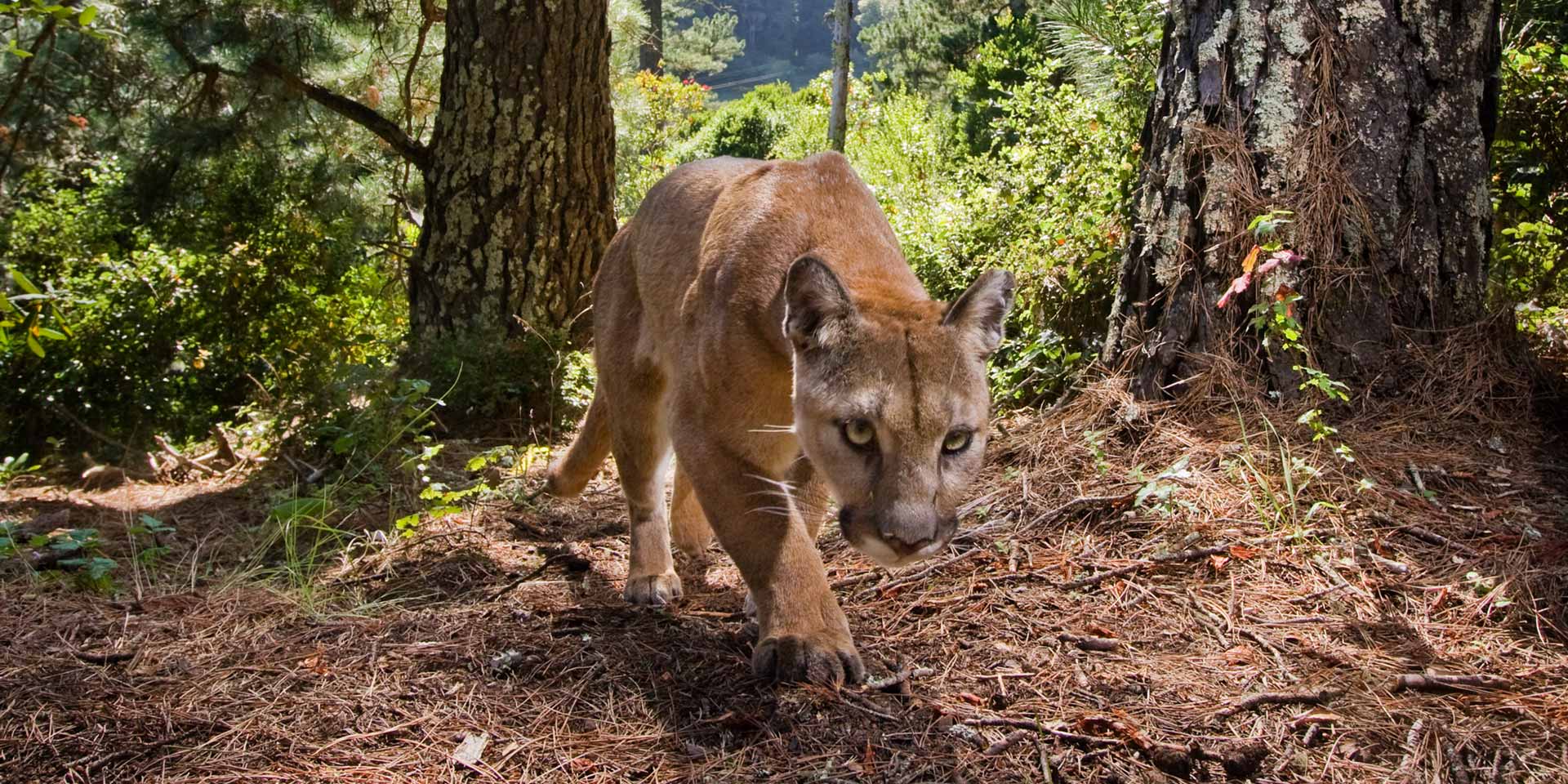Why You Should Advocate for Better State Wildlife Commissioners

Wildlife commissioners play a crucial role in shaping the policies that affect our wild species and ecosystems. Appointed by governors, these decision-makers oversee state wildlife agencies, set hunting regulations, and influence conservation efforts. Unfortunately, most wildlife commissions are dominated by individuals with backgrounds in hunting, fishing, and agriculture, leaving little room for diverse voices that represent broader public interests. This imbalance often leads to decisions that fail to reflect the values of all citizens, particularly those who care about authentic, humane and science-based wildlife conservation that addresses the twin crises of mass extinction and climate change.
The Power of a Commissioner
A single wildlife commissioner can influence policies that protect imperiled species, uphold ethical standards in wildlife management, and prioritize ecosystem health. By appointing commissioners who understand the importance of balancing diverse public interests—including those of non-consumptive users like wildlife watchers, hikers, and advocates for ecological integrity—we can create more inclusive, compassionate, and forward-thinking wildlife governance.
This is why Wildlife for All is committed to supporting the appointment of diverse, informed, and compassionate commissioners. Our Ideal Commissioner webpage provides guidance on the qualities we believe every wildlife commissioner should possess, including a commitment to scientific integrity, ethical wildlife management, and inclusivity of all stakeholders. Importantly, the ideal commissioner has the understanding to serve as a trustee of the wildlife public trust for all, including future generations and for wild animals themselves.
The Problem with Commissioners Today
Most Americans are excluded from wildlife policy making because their views are not represented by state wildlife commissions. Forty-six states have commissions that set policy or advise their state wildlife agency, and almost all commissioners are appointed by governors.
All but eight states do not require any particular expertise to serve on a commission and more than 90% of commission seats are open to hunters and nonhunters alike. And yet, despite the door being open in theory for non-consumptive users to have a seat at the table, they mostly don’t. Hunters and anglers make up less than 20% of the American public, but occupy at least 70% of commission seats.
The issue is not whether a particular commissioner likes to hunt or fish. It’s who they represent, statistically, and who they don’t. Hunters and anglers tend to be older, white men, according to the FWS (2022). They tend to be traditionalists in their value orientation, according to America’s Wildlife Values Report, meaning they view wild animals mainly as resources intended for human use.
Another way of saying this is that commissions disproportionately exclude women, youth, people of color, and the growing number of Americans that are mutualists and do not see wild animals primarily as resources for human use. Most of us can agree that that is fundamentally undemocratic.
If you believe, as we do, that wildlife is a public trust and the beneficiaries include all people whether they buy licenses or not, then the trustees — including wildlife commissioners — have a duty to consider the interests of all beneficiaries.
States with Current or Forthcoming Vacancies
At any particular time, several states likely currently have vacancies or will soon have openings on their wildlife commissions. This is a crucial opportunity to advocate for commissioners who represent the broader public’s interests in protecting wildlife and ecosystems.
This spreadsheet outlines commission info, including which states have current or forthcoming vacancies that we know about. If you have information that contradicts ours, may be more up to date or not widely known, please reach out to us.
How You Can Make a Difference
- Get Informed: Learn about the current composition of your state wildlife commission and identify upcoming vacancies.
- Advocate: Reach out to your governor’s office to express the need for commissioners who value science-based, humane, and inclusive wildlife management.
- Gather names of qualified candidates who support a Wildlife for All reform agenda and are willing to serve. Make sure they are ready for some pushback from certain constituencies on certain progressive decisions.
- Establish yourself as an honest broker with the governor. Be prepared to do this work quietly and not be able to take credit for it publicly.
- Submit those names to the governor for appointment to vacancies on the commission. Consider collective sign-on letters with diverse advocates and organizations supporting democratic governance.
- Submit letters to the editor and op-eds on the topic.
- Download our Advocacy Toolkit to learn more about advocating for reform in your state.
- Engage Your Network: Encourage others in your community to voice their support for more representative and ethical appointments.
- Support Wildlife for All: Visit our Ideal Commissioner webpage to learn more about the qualities that make an effective wildlife commissioner and how you can help advocate for change.
Together, we can push for appointments that reflect the values of all citizens, ensuring that state wildlife commissions serve the broader public interest and work to protect our ecosystems for future generations.